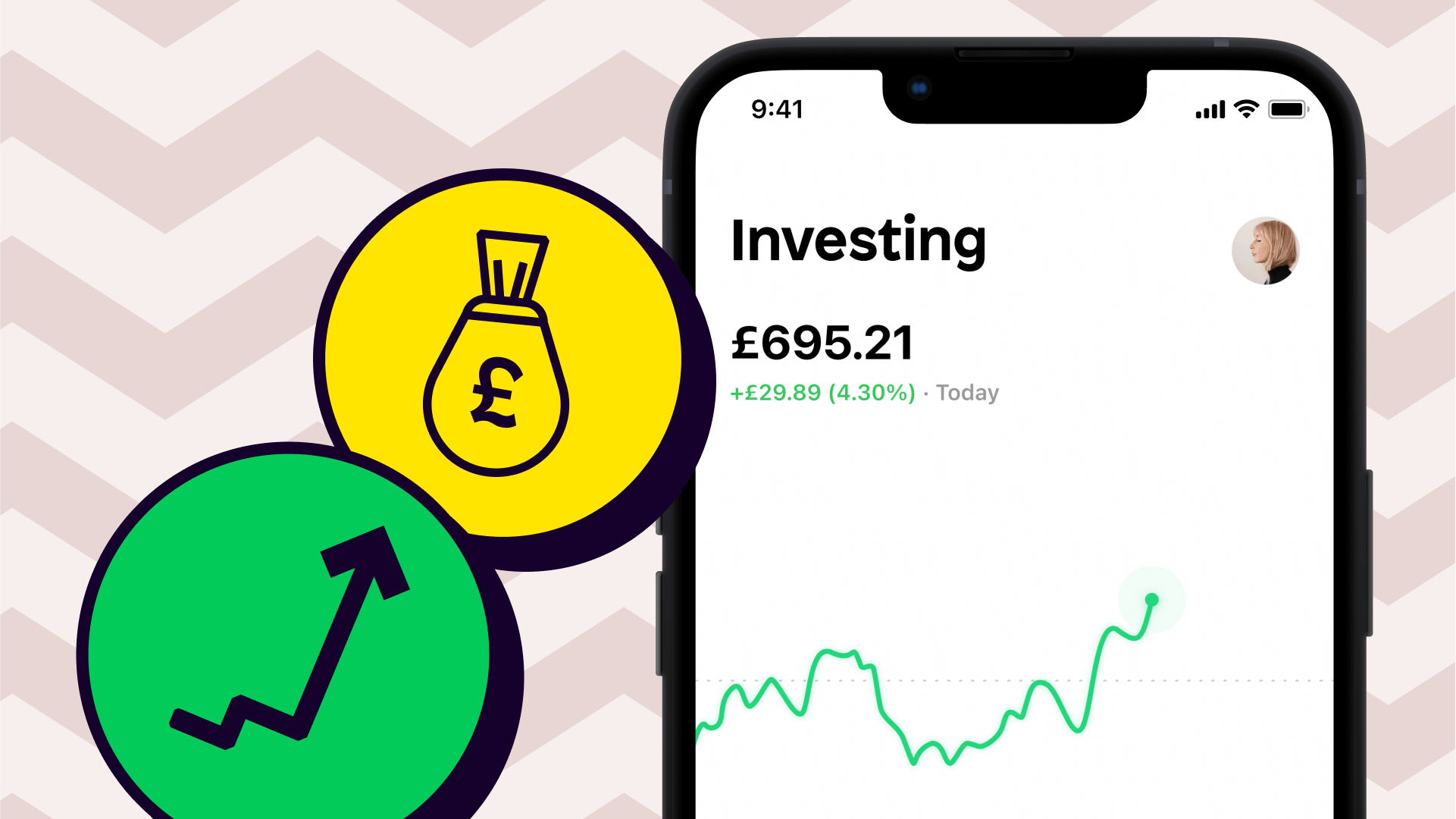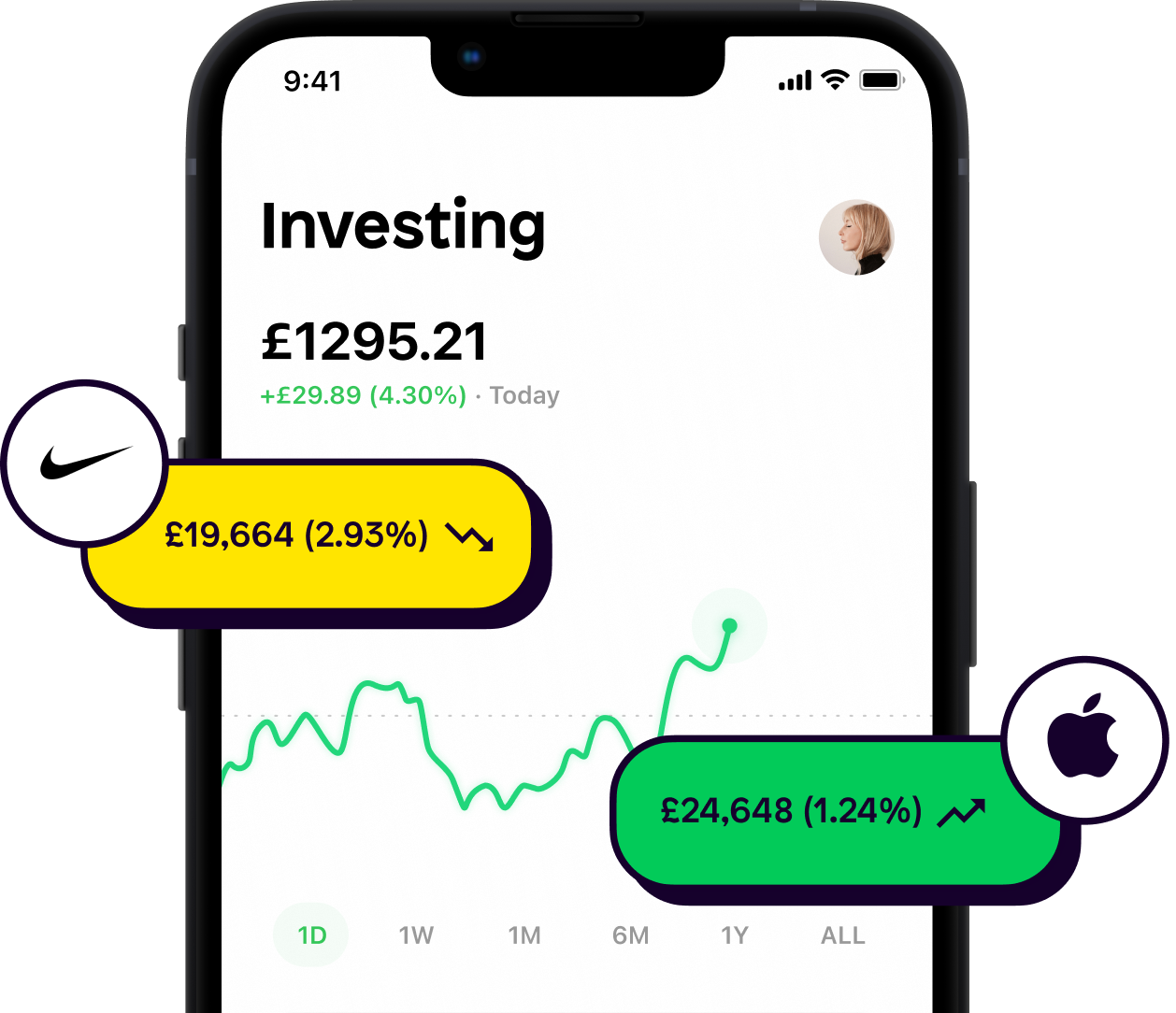Definition of a retail investor
A retail investor is an individual who buys and sells assets for themselves, rather than for their company or for a client. Retail investors use brokerage firms or investing platforms to buy and sell things like stocks, bonds, mutual funds and ETFs. Essentially, they’re the everyday folk, like you and me who wish to make some investments.
Retail investors vs institutional investors
So, we know what a retail investor is, but how does this differ from an institutional investor?
Retail investors: individuals who invest smaller amounts of money, often parts of their savings or salary. Usually, a retail investor will use investing platforms like the Shares app or go through a brokerage firm to make their trades.
Institutional investors: typically a company that invests large sums of money on behalf of its clients or members. Sometimes, the sums of money an institutional investor spends can be enough to alter the markets.
Examples of institutional investors
Pension funds
Portfolio managers
Insurance companies
Investment banks
Endowment funds
Hedge funds
Private equity firms or investors
Retail investors have access to the same markets as institutional investors, but they may not have the same level of resources or knowledge. Because of this, it's generally assumed institutional investors are the ones 'in the know' and the retail investors are always playing catch up.
But for us retail investors, social investing has brought about a shift. Thanks to the rapid surge of educational resources online, retail investors have been able to keep up, and in some scenarios like the GameStop saga, actually 'stick it' to the institutional investors.
How does this happen? Online communities.
Forums, chats and online communities made up of retail investors have been quick to spot when hedge funds have tried to 'short' (sell stock of a company and buy it back later for a cheaper price) in order to profit. By banding together, the retail investor proved there is power in numbers.
Advantages of being a retail investor
Taking control of your own investment decisions - you can do your own research and choose the investments that you believe will perform well.
Little to no fees - there may be a small service fee to pay when buying and selling stocks, but being a retail investor often means you aren't paying someone else to manage your own portfolio.
Information is easier to access than ever - internet and technology has made it easier for retail investors to access information, research and tools that were once only available to institutional investors.
Disadvantages of being a retail investor
Things can get emotional - it's important to have a clear investment strategy to avoid making impulsive decisions based on emotions such as fear or greed.
Lack of diversification - retail investors often have smaller portfolios and therefore are less diversified than institutional investors, which can make them more vulnerable to market fluctuations.
Little to no bargaining power - retail investors generally have less bargaining power than institutional investors when it comes to negotiating prices or terms for investments. This is because they aren't buying as much stock, and in most cases, don't buy the stock directly from the company.
Want to know more about being a retail investor? Then why not become one by heading over to the Shares app!
Make sure to follow us on our socials 👇
As with all investing, your capital is at risk.
Shares App Ltd is an appointed representative of RiskSave Technologies Ltd, which is authorised and regulated by the Financial Conduct Authority (FRN 775330). Shares App Ltd is a company registered in England and Wales with company number 13374448.












